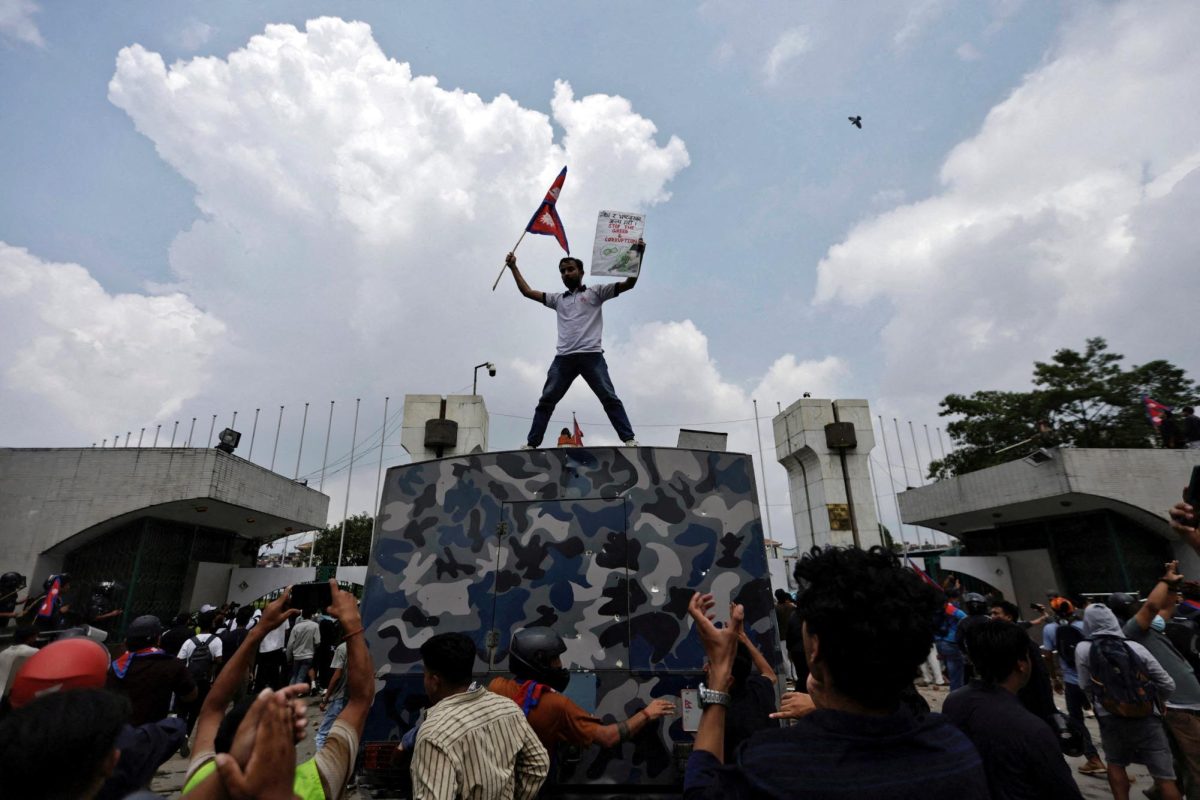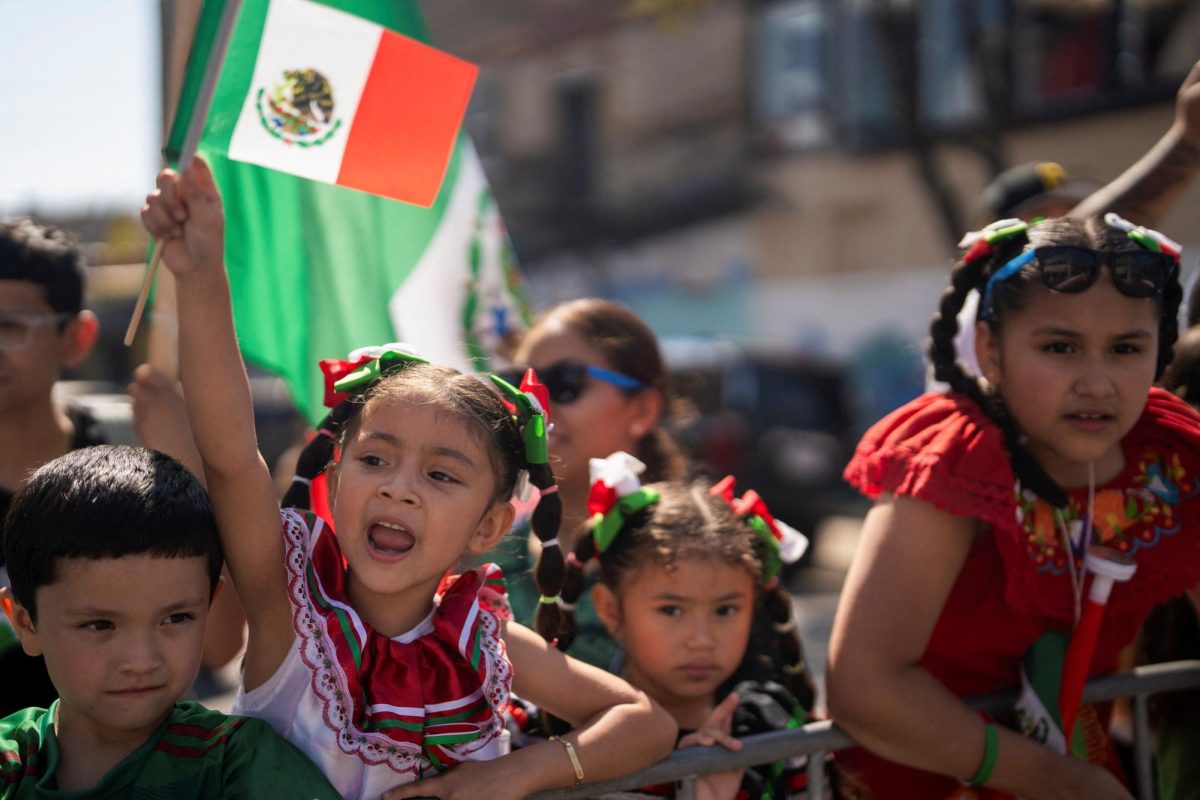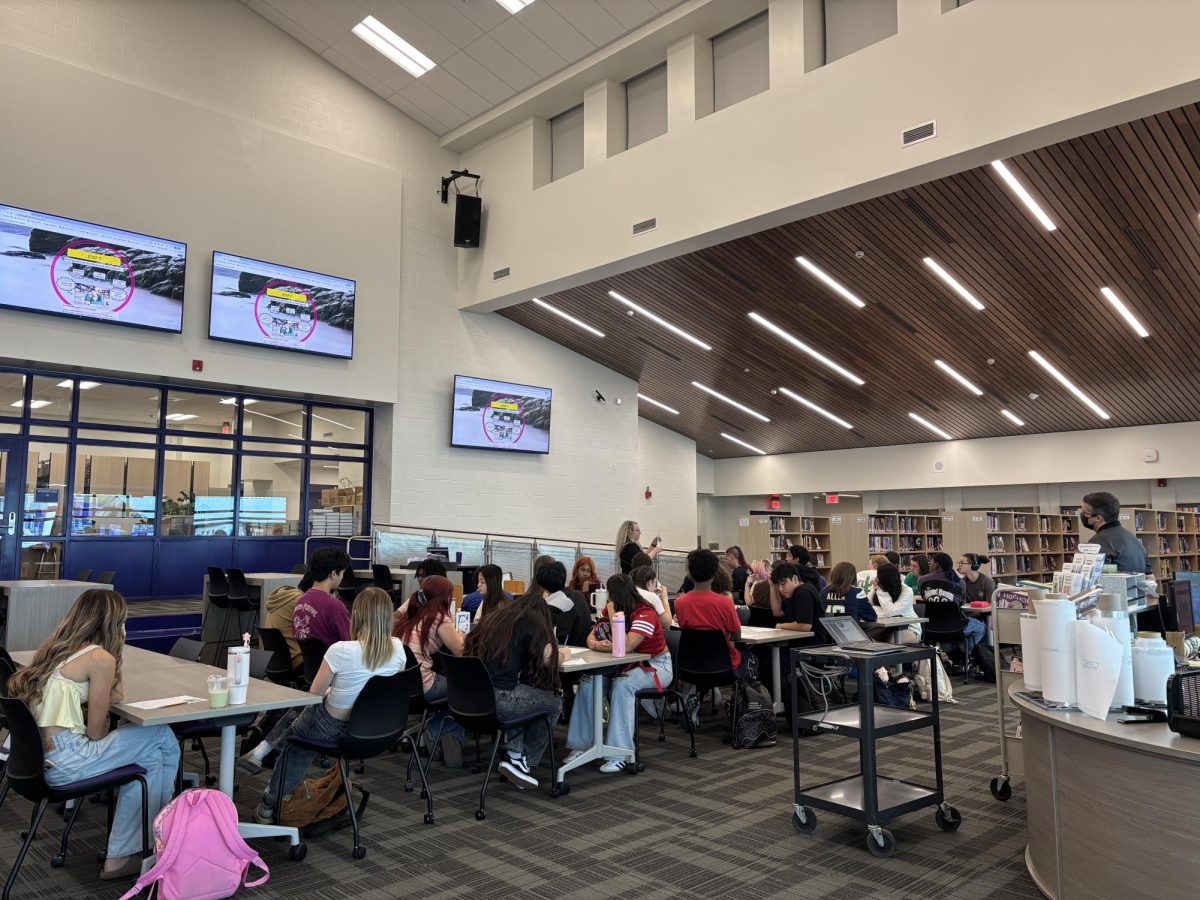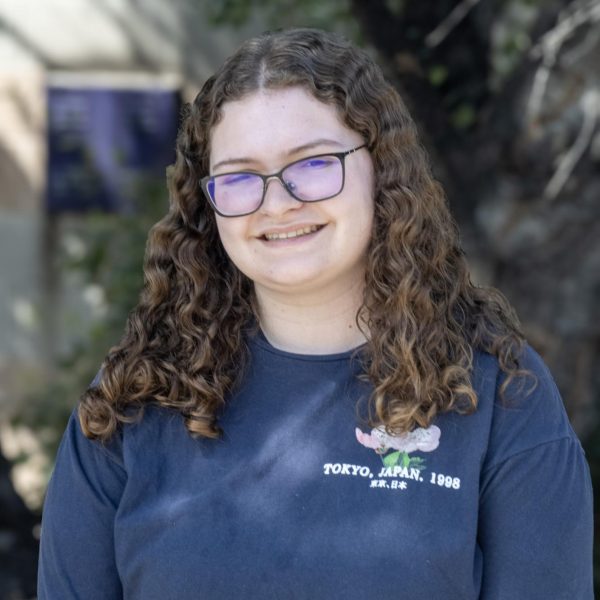On April 21, 2025, Pope Francis died at his home in Vatican City, after going through a coma, at the age of 88-years-old.
According to a report by the Vatican News, “The cause of Pope Francis’ death has been identified as a stroke, followed by a coma and irreversible cardiocirculatory collapse.”
Pope Francis, alongside other past Popes worldwide, had a specialized roles in the Catholic Church, studying the beliefs and history of the Catholic religion and the Bible.
Pope Francis was the 11th pope to be born outside of Europe out of the 266 popes since Jesus’ Apostle Saint Peter. Pope Francis was the first Pope to be from Latin America, in particular Argentina, as well as the first Jesuit Pope. Jesuits are known for their respect for the Pope and their intensity towards their vow of poverty, in which they promise to live simply.
Pope Francis was born on December 17, 1936, in Buenos Aires, born Jorge Mario Bergoglio.
He joined the Jesuits after he recovered from a severe illness. He went to school for theology, and in 1969, he was ordained by Archbishop Ramón José Castellano and named Master of Novices as well as being a Professor of Theology. In 1997, he became archbishop after tenuring with Ramón José Castellano.
Skip to 2013, and at 76, Francis was chosen as Pope after Pope Benedict XVI resigned. He was chosen among 117 illegible candidates. It was unprecedented when Francis won, as he was a Jesuit and therefore his election was a sign of controversy.
Pope Francis’ Papacy
His papacy (the official reign of the Pope) was marked by inclusivity. He was the first Pope that included women in his ritual footwashing, called Maundy/Mandatum, on his first Holy Thursday, during the Mass of the Last Supper. He also included two Muslim people.
During COVID-19, he encouraged clergy to help the poor. He told reporters in 2021, “Worried about my things, we forgot the hungry children.”
He traveled to 68 countries, and he is the first Pope to visit the Arabian Peninsula and visited 10 African countries (Uganda, Kenya, Central African Republic, Egypt, Morocco, Mozambique, Madagascar, Mauritius, Democratic Republic of the Congo, and South Sudan). In the process, he also created friendships between different religions.
Pope Francis said to a journalist that Christians and Muslims were “witnesses of truth, love and hope, in a world scarred by numerous conflicts and therefore in need of compassion and healing.”
He was a big advocate for environmental issues, appalled by climate change deniers and saying that ecocide should be a sin.
He tried to give more grace to divorced catholics, saying that “divorce is evil” but it is understandable in certain circumstances. In 2023 Pope Francis allowed for 35 women to vote in the Synod of Syndality. Before this, women were not allowed to vote.
Controversy
While talking about a dead person, it is important to see the good and the bad. Often, when a person dies, it gets rid of all their bad actions. But even though he was a Pope, Pope Francis had his controversies.
He was criticized by conservative Catholics for his blessing of same sex couples. When said it was okay to bless queer couples.
Pope Francis famously said, “Who am I to judge?” when asked about his opinion on gay priests in 2013. “They shouldn’t be marginalized. The tendency [to homosexuality] is not the problem … they’re our brothers.”
Pope Leo XIV
As sad as Pope Francis’ death is, the papacy must go on. And on May 7, 2025 the clergy initiated the conclave in order to choose the next pope. The next day on May 8 a new pope had been chosen. Marking a historical election for the 267th pope, the first North American pope was elected: Pope Leo XIV.








